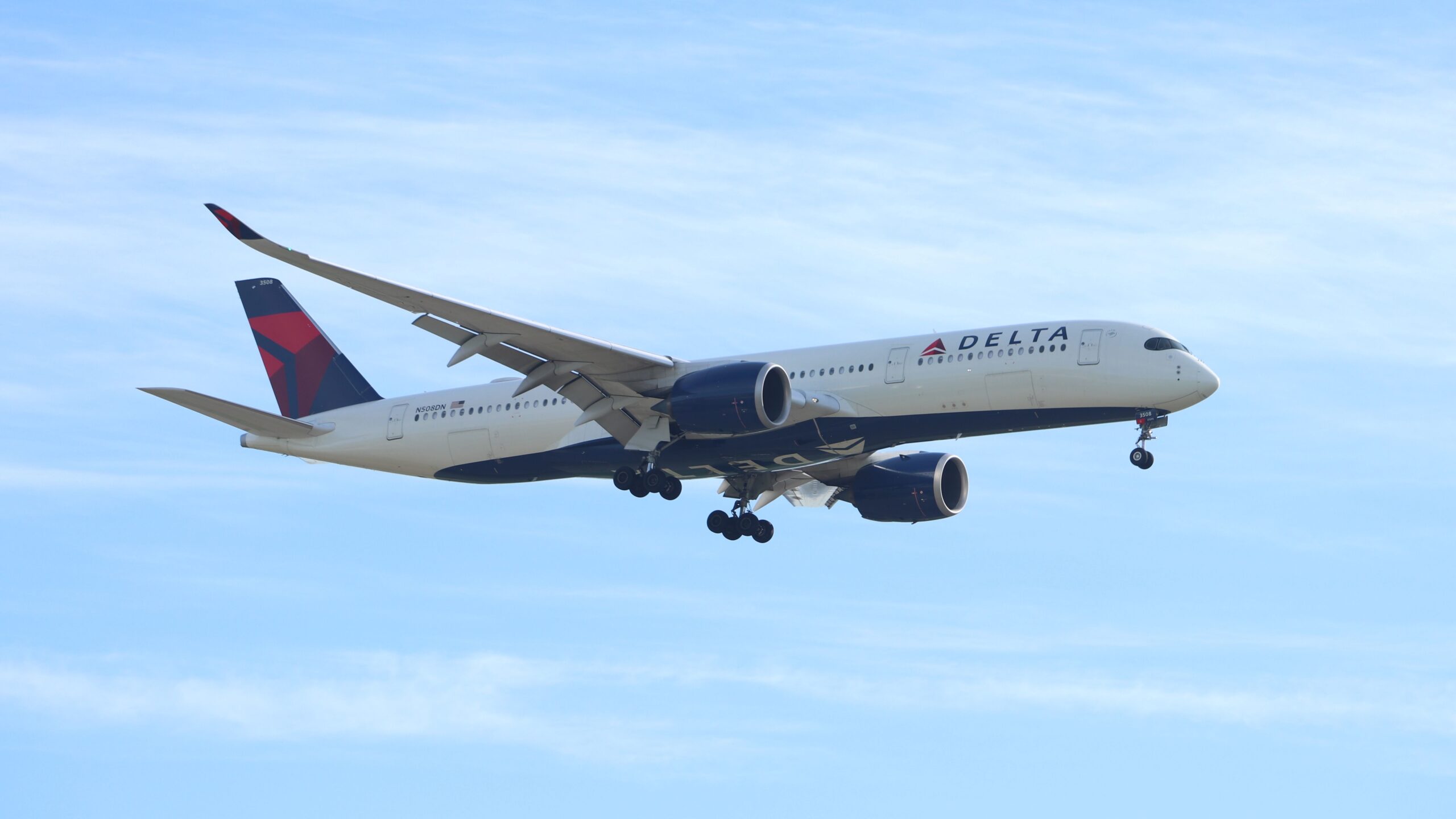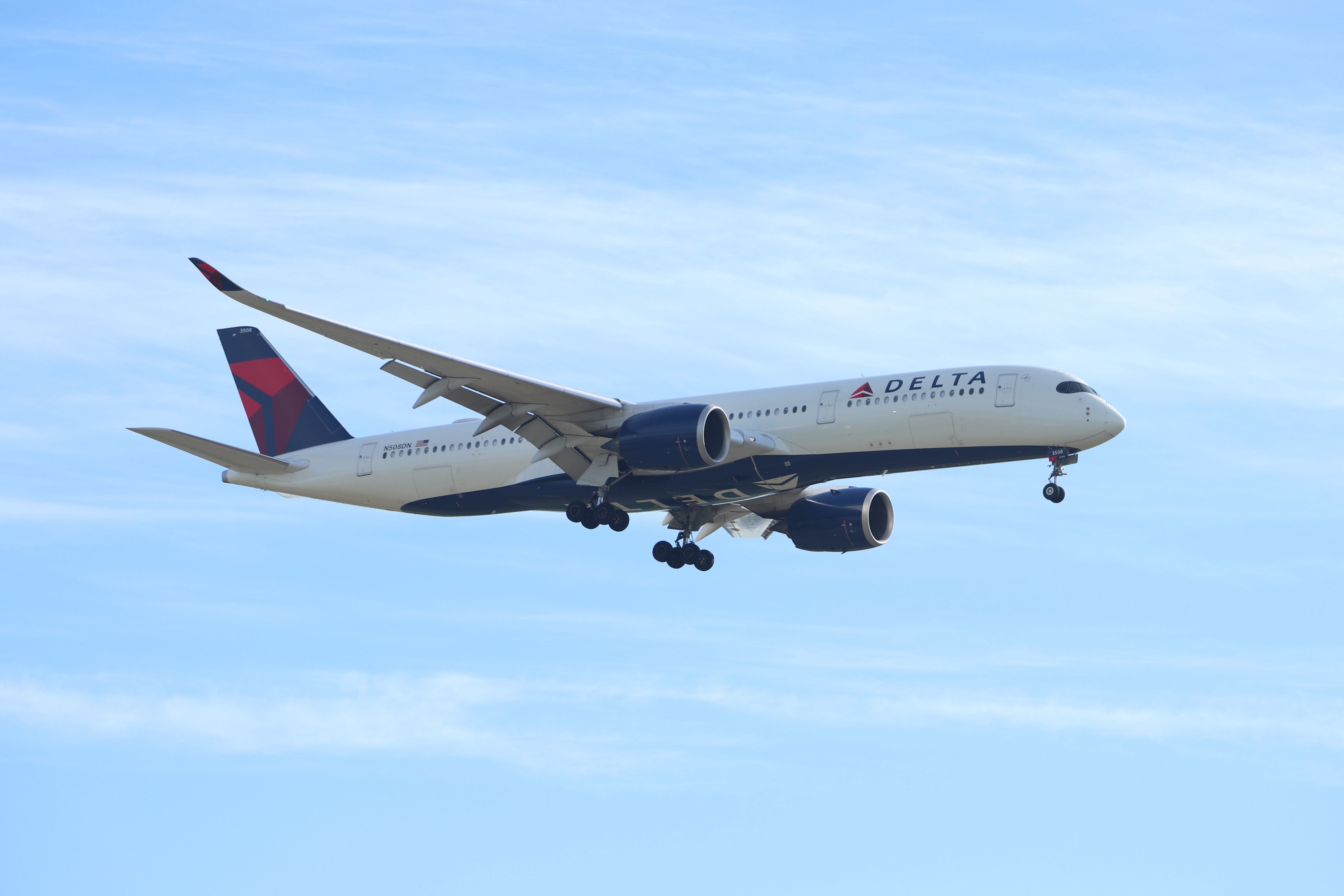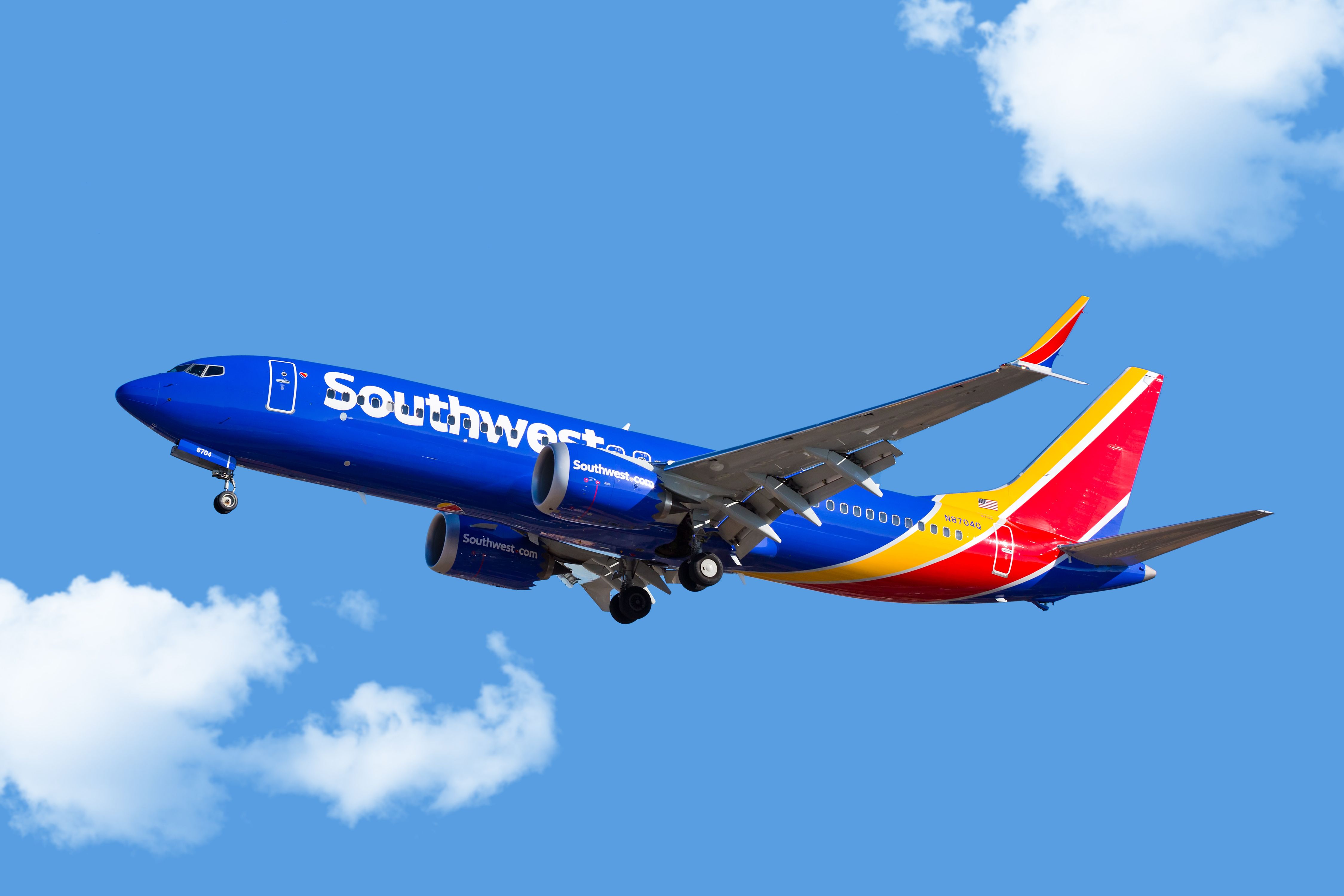In recent months, significant concern has been raised by both the public and by government regulators like the Department of Transportation about the increasingly large amount of power airlines wield over the consumer through their loyalty programs. As the only source of redemption and issuance for a reward currency they control, airlines are free to devalue and change the terms of conditions for their programs in any way they like, often making it difficult for passengers to make the best decisions.
As a result, U.S. Senate Majority Whip Dick Durbin, a Democrat from the state of Illinois, introduced a bill named the Protect Your Points Act, a law that would strengthen several consumer protection regulations. If passed, Durbin’s bill would require significantly more transparency from airlines regarding their frequent flyer programs.
This new act will give two different government agencies, the United States Department of Transportation
(DOT) and the Consumer Financial Protection Bureau (CFPB), the authority to strictly regulate any moves taken by airlines that they believe may not be in the best interest of the consumer. The most common outcry that this bill aims to address is the concept of the bait-and-switch scheme, in which customers are offered appealing awards, but their points or miles are devalued without any notice.

A culture of unchallenged decision-making has led to consumer disappointment
Currently, there is extremely little oversight when it comes to how airlines are managing these multi-million dollar loyalty programs, which have in recent years slowly become carriers’ most valuable assets. Legally still classified the same as the points program at your local sandwich shop, these programs have a shocking lack of accountability.
Photo: StudioPortoSabbia | Shutterstock
Organizations like the Better Business Bureau have routinely reported thousands of complaints from frustrated loyalty program members, who had noticed their points being devalued. Many others had noted their concern over airlines preventing them from booking award tickets with stand loopholes, or denying them rewards that had been promised in advance.
Senator Durbin, a long-time airline loyalty program member himself, was quick to note that the lack of oversight within the airline industry was an issue that needed to be addressed. A statement released by Durbin’s office had the following words to share:
“My new legislation, the Protect Your Points Act, would require one thing from the airlines – transparency. To be clear, my bill would not eliminate your airline rewards programs or regulate the value of your points or miles. My bill only requires the airlines to play fair.”
Primary objectives for the new law
The new law aims to address several current issues relating to a lack of oversight within the industry. Among them include:
- Provisions that prohibit airlines from changing their terms of service for reward programs without notifying customers in advance
- Require airlines to always disclose the financial value of a single point/mile on their website
- Require airlines to display pricing in miles and U.S. dollars concurrently
- Prevent points or miles from expiring
Photo: Carlos Yudica | Shutterstock
With these changes, Senator Durbin believes that airlines will be forced to better serve their consumer. These programs are among the most important assets for U.S. airlines, and they will go to great lengths to ensure their long-term success.



